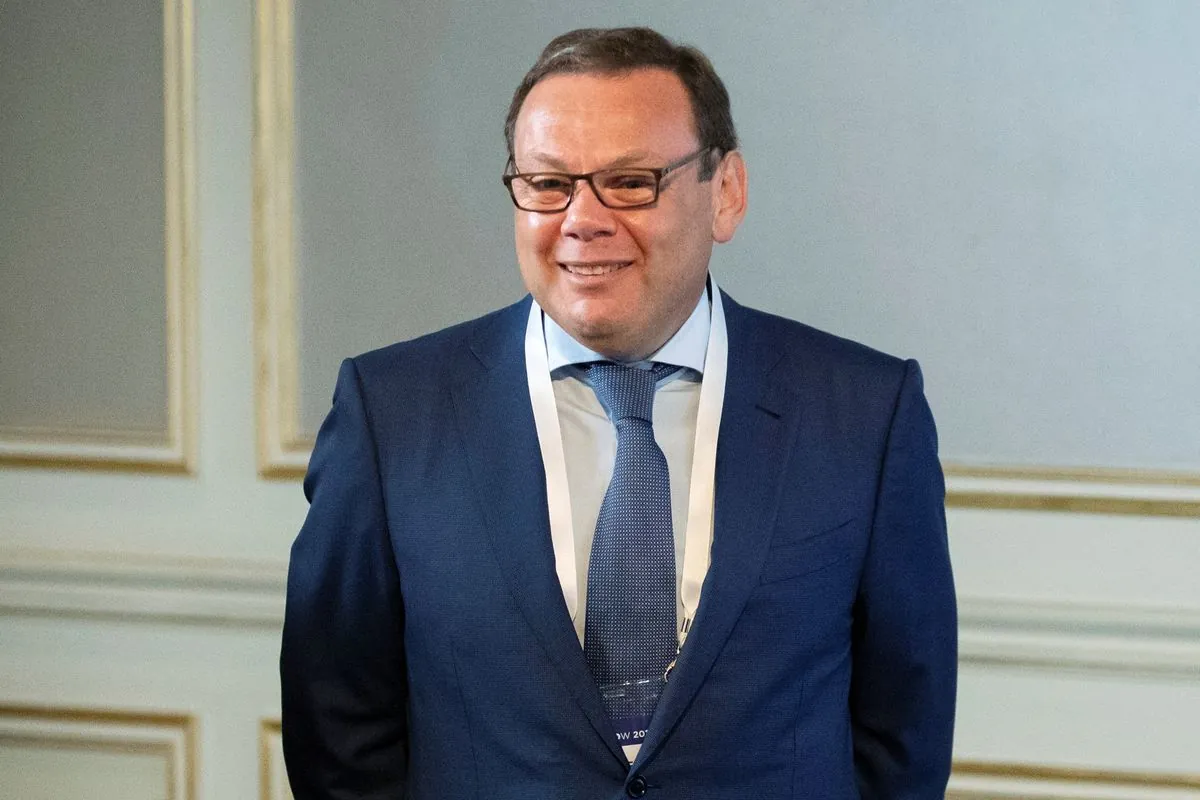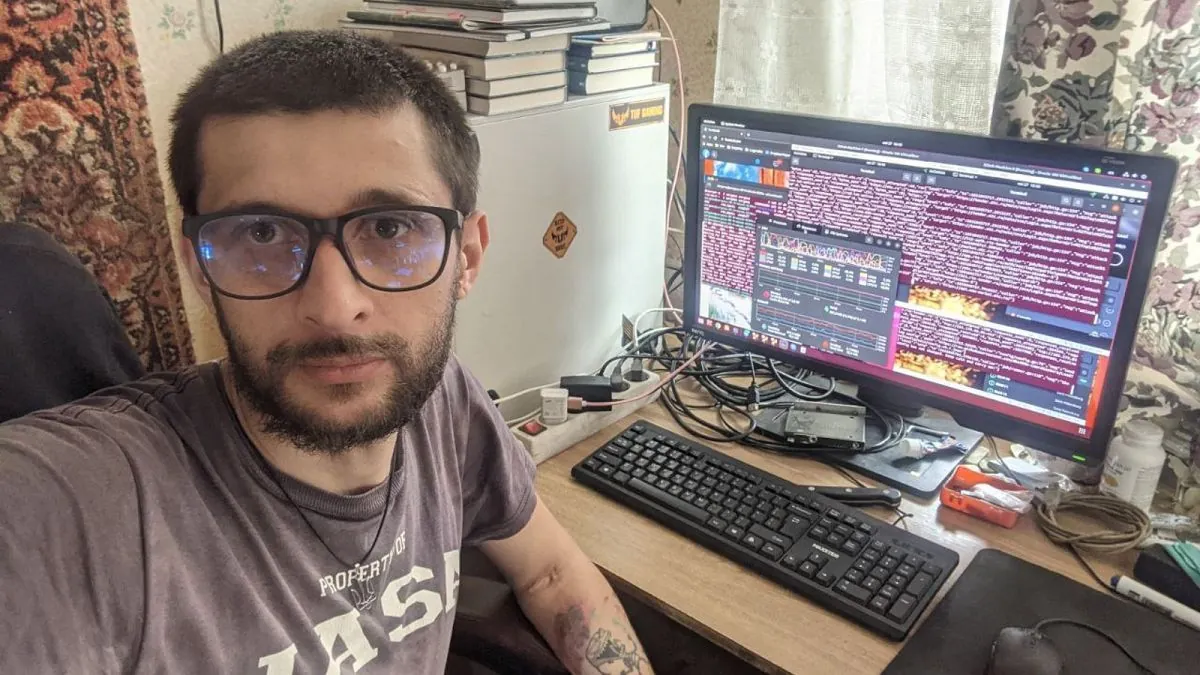Russian Businessman Drops U.S. Appeal After Prisoner Swap Deal
A Russian businessman, released in a recent prisoner exchange, abandons his appeal against a U.S. conviction for a $93 million insider trading scheme. The decision follows clemency conditions set by the U.S. government.

In a recent development, a Russian entrepreneur has decided to abandon his appeal against a U.S. conviction related to a substantial insider trading operation. This decision comes in the wake of a prisoner exchange between Russia and Western nations that took place on August 1, 2024.
Vladislav Klyushin, the businessman in question, had been serving a nine-year sentence following his conviction by a federal jury in Boston last year. The charges stemmed from his involvement in a $93 million insider trading scheme that utilized confidential earnings information obtained through hacking.
Klyushin's legal representative, Maksim Nemtsev, explained the rationale behind dropping the appeal. According to Nemtsev, the U.S. Department of Justice's Office of the Pardon Attorney interpreted a clause in President Biden's clemency grant as requiring Klyushin to waive his appellate rights. This interpretation left Klyushin with little choice but to halt further legal action.
"If there was no language prohibiting it, we would have pushed forward."
The case highlights the complex interplay between international diplomacy and the U.S. justice system. Insider trading, the illegal practice of trading on material, non-public information, has long been a focus of law enforcement efforts. In this instance, the scheme allegedly involved hacking to obtain sensitive financial data, underscoring the growing concern over international cybercrime.
Klyushin's connections to the Russian government added another layer of intrigue to the case. His Moscow-based IT company, M-13, reportedly conducted work for the Russian government. Moreover, M-13 employed Ivan Ermakov, a former Russian military intelligence officer wanted by U.S. authorities for alleged involvement in hacking schemes aimed at interfering with the 2016 U.S. presidential election.

The businessman's legal journey began in March 2021 when he was apprehended in Switzerland during a ski trip. His subsequent extradition to the United States exemplifies the formal process by which one state surrenders an individual to another for prosecution. Switzerland, known for its neutrality, has often served as a site for diplomatic negotiations and prisoner exchanges.
The prisoner swap that led to Klyushin's release involved 24 individuals, demonstrating the scale and complexity of such international agreements. The exchange took place against the backdrop of ongoing tensions between Russia and Western nations, particularly in light of allegations of Russian interference in foreign elections.
President Biden's involvement in commuting Klyushin's sentence underscores the executive power to grant clemency, a constitutional authority that allows for the reduction or cancellation of sentences. However, this clemency came with conditions, including the requirement to drop the appeal, illustrating the delicate balance between diplomatic considerations and legal processes.
As this case concludes, it serves as a reminder of the evolving nature of financial crimes in the digital age and the international efforts to combat them. The intersection of technology, finance, and geopolitics continues to present challenges for law enforcement agencies worldwide, necessitating ongoing cooperation and adaptation in the face of sophisticated criminal schemes.


































